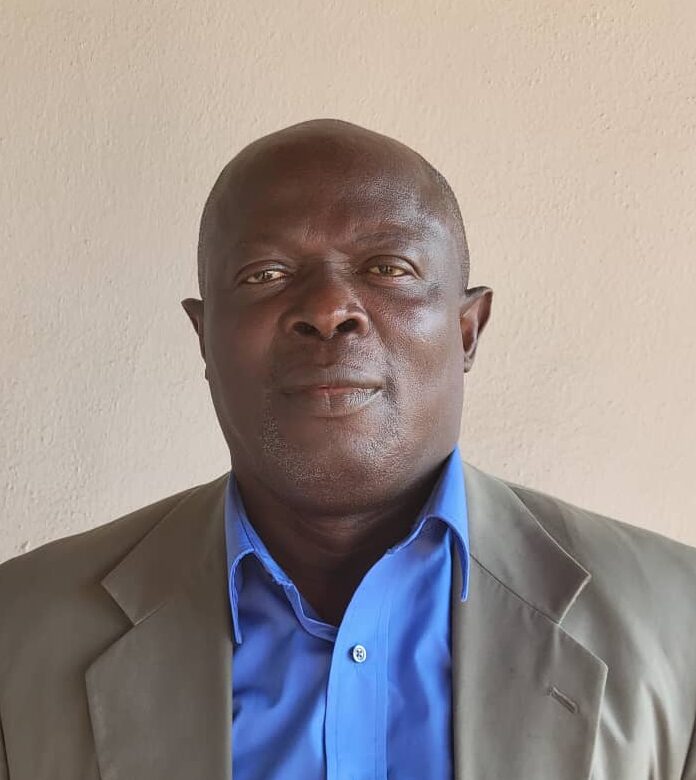We will work with informal settlement residents in Sub-Saharan African cities to understand the lived realities of climate change and co-produce contextually appropriate adaptation strategies.
Read more
We will work with informal settlement residents in Sub-Saharan African cities to understand the lived realities of climate change and co-produce contextually appropriate adaptation strategies.
Typically, informal settlement residents are excluded from formal planning processes. Historic marginalisation and structural inequalities mean that these residents are disproportionately exposed to cascading climate hazards that compound their socio-economic vulnerability. Even within informal settlements, some are more vulnerable or excluded than others, such as women and girls, people living with disabilities, and other minorities.
Our participatory, inclusive, interdisciplinary and trans-sectoral research focuses on risks to: human health (R1), living standards (R2), and critical physical infrastructure, networks, and services (R3), and it will necessarily involve other complex, intersecting risks to water and food security. Identifying these interactions is vital for developing effective adaptations and to avoid further harm from urban policy which overlooks informality and may exacerbate injustices including distributive (the distribution of adaptation’s risks and benefits); procedural (inclusion-exclusion in decision-making); and recognitional (recognizing lived experiences and local knowledge).
Our multi-national, cross-disciplinary and multi-sectoral team will explore the cascading, multi-dimensional risks in urban informal settlements in three sub-Saharan African cities that experience differing climate-relates risks (Freetown, Kampala, and Bulawayo). Our specific objectives are to:
- Adopt participatory methods that empower community members and other stakeholders to identify community vulnerabilities, exposures, and (lack of) adaptive capacity to the primary risks (R1-3), and secondary risks to water and food security, and their cascading impacts based on people’s lived experiences.
- Co-design adaptation strategies and interventions with diverse stakeholders that enhance just and equitable resilience, rather than perpetuate or exacerbate existing risks.
- Engage with many informal and formal stakeholders and policymakers to pilot the implementation of the co-designed adaptation strategies which will also:
- Strengthen connections and learning across research, countries, governance systems and communities and enable broad-based and integrated adaptation strategies for future policy implementation and knowledge mobilisation.
Read less




